
HTML5 Video for Netflix comes to Firefox for Windows
Yesterday we told you that Netflix for Windows 10 had received an update, but that's not all that's coming to Windows. Firefox also has plans to up the ante with HTML5 Video for Windows. This is the much-utilized format on the internet today.
Netflix is announcing that Firefox now comes with the latest HTML5 premium video extensions, such as Media Source Extensions (MSE), which the streaming service utilizes in an effort to adapt its streaming to the bandwidth of each viewer, and Encrypted Media Extensions (EME), that allows for the viewing of encrypted content.

Like Internet Explorer, Microsoft Edge is still pushing people away
Microsoft must have hoped that in walking away from Internet Explorer and moving towards Edge it could successfully shake off its reputation for producing terrible web browsers. There's a joke that everyone has used Internet Explorer at some point, even if it's just once to download Firefox or Chrome; sadly for Microsoft, it seems the trend continues.
The launch of Windows 10 provided an opportunity to attract a new audience to Microsoft Edge -- but people are still jumping ship. It's likely that Edge's continued lack of extension support is partly to blame, but usage stats from numerous analysts paint the same picture: Edge is tanking.
Firefox 43 adds new block list, updates Android user interface
Mozilla has rolled out Firefox 43 FINAL for Windows, Mac and Linux, with Firefox 43 for Android due to follow imminently.
The desktop build gains few notable new features -- including a secondary Private Browsing block list, but the most interesting changes can be found with the Android build.
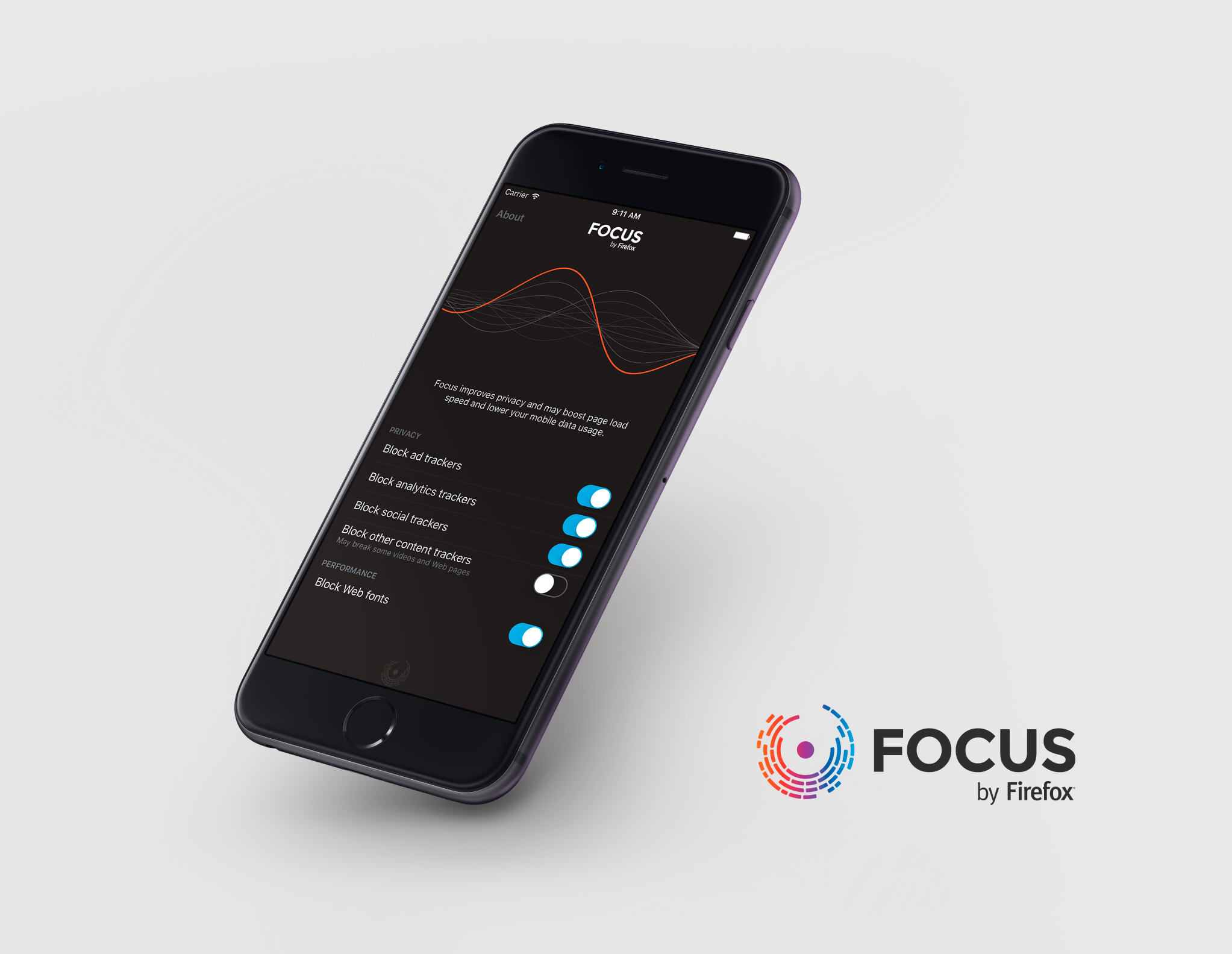
Focus by Firefox is a content blocker for Safari users on iOS 9
Ever since Apple allowed adblockers on iOS 9, we’ve seen a steady influx of these types of apps appearing in the App Store. Today, yet another one arrives, but this new release has an interesting pedigree, coming as it does from Mozilla.
Focus by Firefox is a free content blocker for Safari users on iOS 9 that gives users greater control over their privacy by allowing them to block categories of trackers such as those used for ads, analytics and social media.
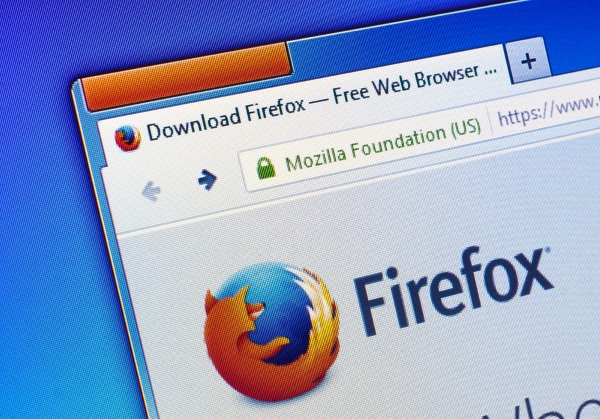
Mozilla ditches Firefox ad tiles experiment
It can be hard enough to avoid advertising online, and Mozilla has been experimenting with yet another way to pull in money. The Tiles experiment has been running for a few months and saw ads brought to the Firefox homepage via, funnily enough, tiles.
The company has decided that the experiment is a failure, and now wants to shift its focus to delivering "relevant, exciting and engaging" content to users instead. Mozilla has been scrambling to find way to make its browser bring in the pennies, but admits that "advertising in Firefox [...] isn't the right business for us at this time".
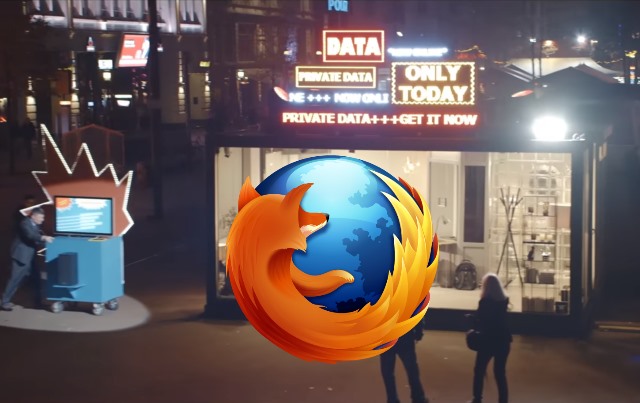
Mozilla's Glass House experiment reveals lax attitudes to online privacy
The discussion about online privacy is something that rumbles on. Those who know what is happening with personal information on the internet are aware of the inherent risks, but these are being joined by increasing numbers of the previously-technologically-illiterate who are coming to understand what being online means.
To highlight the implication of third party tracking and data sharing, Mozilla ran an experiment in Hamburg, Germany. As well as bringing the issue of privacy to people's attention in quite dramatic style, the experiment also aimed to educate people about security and privacy through expert discussions. Some of the public reactions are priceless.

Mozilla launches new JavaScript-based Add-ons Validator for developers
Like apps hitting a store, browser add-ons have to go through validation to ensure that they work properly and are secure. This is the case with Firefox, and developers will be only too aware that the validation tool provided by Mozilla is unreliable and difficult to use.
Today the company announces that the old Python-based validator could soon be a thing of the past and unveiles a new version of the tool based on pure JavaScript. Although described as "not production-ready", Mozilla is looking for feedback, and is making the tool available for testing.

Firefox users are stuck with unremoveable Pocket... for now at least
Earlier in the year Mozilla took the decision to build Pocket into Firefox. Previously available as an add-on, the 'read it later' tool was transformed into an integral part of the browser. While this was a move welcomed by some users, others are concerned about the privacy implications.
There are also concerns that having Pocket built in unnecessarily bloats Mozilla's code, but it looks as though it is here to stay. Speaking to Venture Beat, director of engineering for the browser said "there are currently no plans to offer a version of Firefox that doesn’t include Pocket".
Firefox 42 tightens privacy with Tracking Protection, revamps Control Center
Mozilla has made Firefox 42 FINAL available for download ahead of its official release, with Firefox 42 for Android due to follow later this week.
Both builds implement a new Tracking Protection feature to tighten web privacy, while the desktop version adds a new Control Center. Android users also gain a number of new features, including a login manager and the ability to queue up links from other apps.

Mozilla may drop FTP support from Firefox [Confirmed]
When your product has millions of users, any change that you make is guaranteed to impact a significant number of people. So, when you decide the time has come to remove a traditional feature, you are sure to encounter some resistance. Question is, where do you go from there?
Mozilla is in this exact situation. The organization apparently wants to drop support for FTP in a future version of its Firefox browser. And, even though most folks are likely not making use of it, there are still hundreds of thousands if not millions of other people who will be affected.
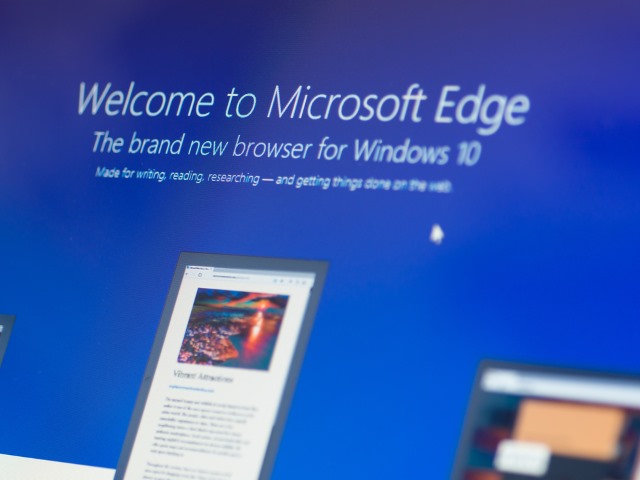
Microsoft Edge might not get extensions until Windows 10 Redstone in 2016
Since the launch of Windows 10, anyone who has joined the Insider program has been treated to a number of updates in the form of preview builds -- particularly on the Fast ring. Regular users have not been so lucky, but Microsoft's Windows 10 roadmap includes a number of Service Pack-style updates on the horizon.
It is through these bigger updates that Microsoft is expected to deliver the long-promised extensions to its Edge. But anyone who is looking to extend the capabilities of Microsoft's browser could have something of a wait on their hands. The next update to Windows 10 -- known as Threshold 2 -- won't bring extensions. In fact, it won’t be until the Windows 10 Redstone update later in 2016 that Edge gets the feature everyone is waiting for. But will it be too late to claw back users from Chrome and Firefox?

Manage advanced Firefox security settings with ConfigFox
Firefox is a supremely configurable browser with an array of useful settings, but many are so deeply buried in about:config that you may never even realize they exist.
ConfigFox is a free portable tool for Windows which makes it easier to view and manage Firefox’s more advanced privacy and security-related options.

Mozilla to drop NPAPI plugins from Firefox
Mozilla will kill "most" NPAPI plugins in Firefox almost two years after Google took the same action with Chrome. Back in September 2014, Google announced that NPAPI support would be removed starting in January 2015. Mozilla is now playing catch-up, and plans to end NPAPI support by the end of 2016.
When Google announced its decision, speed, stability, and security were cited as reasons for ditching plugins, and Mozilla is taking much the same line. The company also points out that many features and functions that only used to be possible through the use of NPAPI plugins can now be achieved through native web APIs. But what is this going to mean for users?
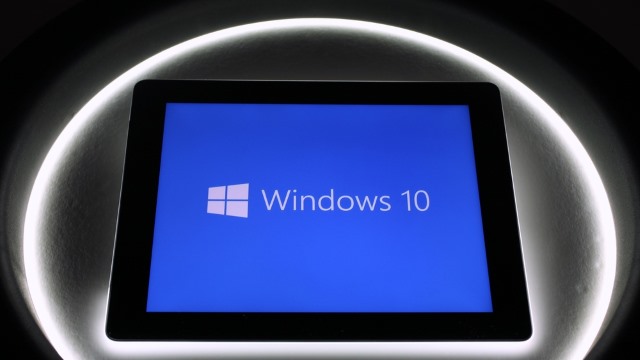
Windows 10 sees people ditching IE -- but Chrome wins out, not Edge
Launching a new web browser was always going to be a risk. Microsoft used Windows 10 as a launch pad for Edge, shedding the shackles of Internet Explorer in a bid to take on the likes of Chrome and Firefox.
Sadly for Microsoft, new figures show that Edge is failing to make inroads into Google's and Mozilla's market shares. Analysis performed by Quantcast shows that in the US just 12 percent of Windows 10 users are using Edge, while Chrome is sitting pretty with a greater than 70 percent share.

Mozilla takes on the problems with web content blocking
There's been a lot of talk lately about ad-blocking thanks to iOS 9. It's a tough call, given that some users don't want to see ads, but the sites they visit wouldn't exist without those ads -- block them and the sites go away, eventually. That makes for quite a conundrum, and Mozilla is trying sort it out. The Firefox maker refers to it more benignly as "content blocking".
Mozilla hasn't quite figured this all out and it is looking for users to help with the puzzle. The organization isn't interested in what the problem is, but is focusing more on why users choose to do this by utilizing blocking agents.
